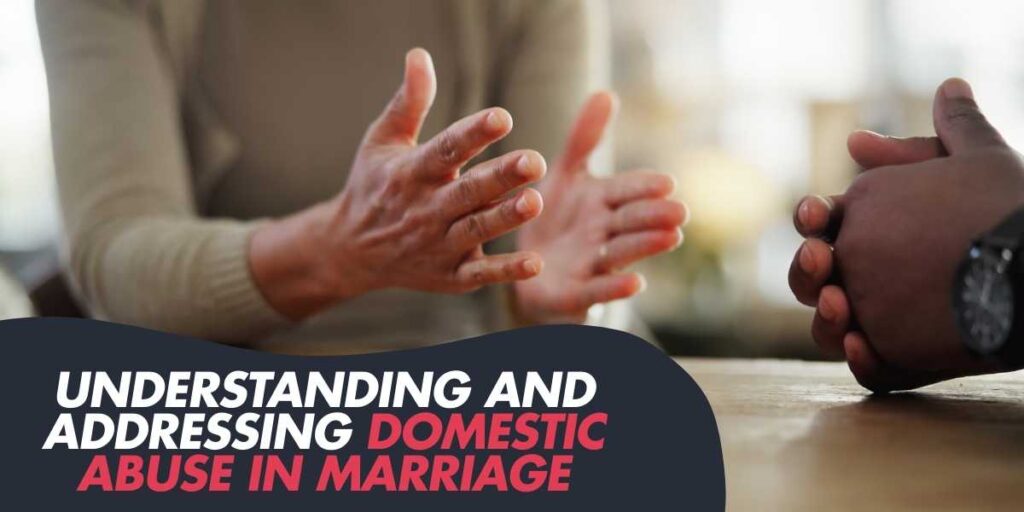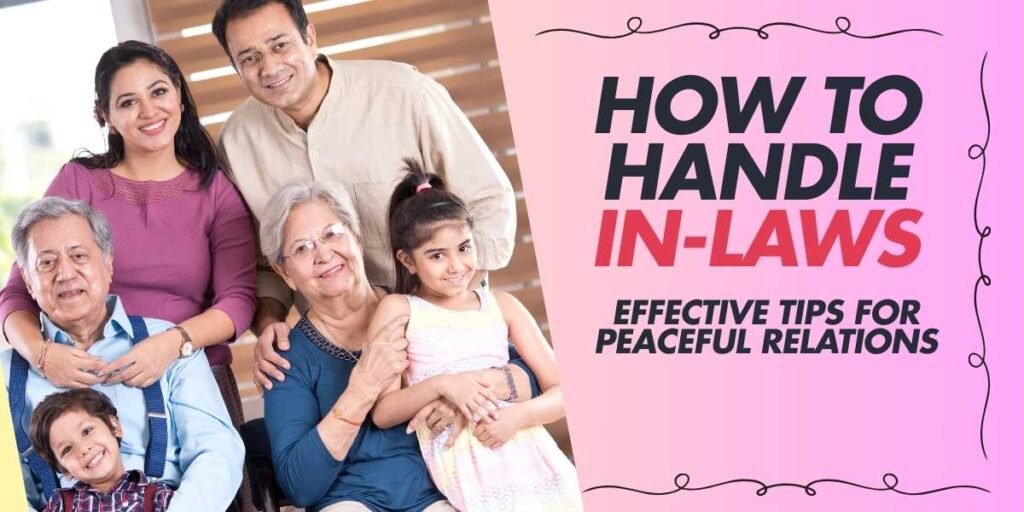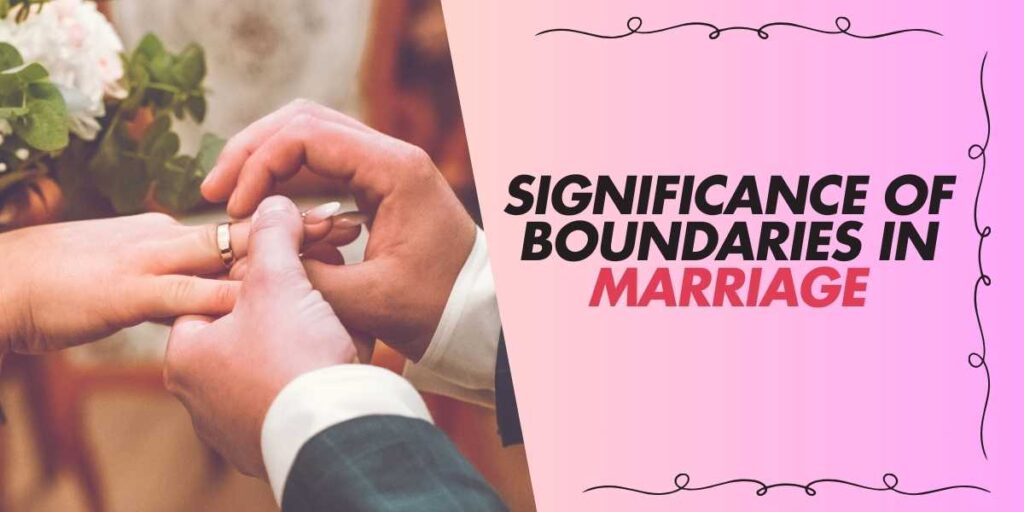Marrying involves much more than just exchanging names. It’s a partnership, where two individuals come together to share their lives. But what happens when we marry under a false name? Does the essence of marriage rely on the personal connection or the identity represented by a name?
Understanding the Legality of Names in Marriage
The legality of marriage under a false name can vary significantly depending on the jurisdiction. In many places, a marriage conducted under a false name can still be legal, as the essential element is the mutual agreement and intent to marry. However, using a fake name can complicate legal processes like divorces or annulments, especially if the marriage certificate doesn’t correctly reflect personal identities.
The Role of Names in Marital Commitment
Names hold significant cultural and personal value, often symbolizing heritage, identity, and continuity. When people marry, they sometimes change their surnames as a way of signifying unity. However, this traditional name change doesn’t necessarily reflect the depth of the marital bond, which relies more on personal commitment and partnership rather than on shared nomenclature.
Historical and Contemporary Views on Name Changes
Historically, changing one’s last name after marriage was predominantly a patriarchal tradition, symbolizing the transfer of guardianship from father to husband. In many Western cultures, it remains customary for women to adopt their husband’s surname. This practice is deeply rooted in historical norms of ownership and identity. Today, some continue this tradition for personal or familial reasons, whereas others might choose alternatives such as hyphenating names.
Modern Perspectives
In the modern world, the choice to change one’s surname is influenced by various factors, including professional identity, personal beliefs, and social pressures. Many women now opt to keep their maiden name due to career considerations or personal beliefs about gender equality, while some couples decide to forge entirely new surnames to reflect their individuality and joint lives.
Name Changes Among Different Demographics
The likelihood of changing a last name upon marriage often depends on demographical factors. Studies indicate that older, more professionally established women, particularly those with a higher level of education, often choose to retain their maiden names. Conversely, younger individuals or those in different cultural contexts may follow traditional paths more closely.
The Legal Intricacies of Marrying Under a False Name
Marrying under a false name can bring about complex legal issues, particularly when it comes to verifying identities in official matters like annulments or divorces. In cases like these, the marriage itself might still be considered valid if made in good faith, however, any fraudulent intents, like concealing a previous marriage, can complicate legal standing considerably.
Procedural Complications
Legally, the process to rectify complications stemming from a false name can vary from seeking a formal annulment to amending legal documents, depending on the laws of the country where the marriage took place. Often, these procedures require demonstrable proof of intent and can indeed be lengthy.
Personal Identity versus Marital Union
Your last name is a part of your personal identity, but it’s not the cornerstone of a marital relationship. The depth and durability of marriage stem from shared values, mutual respect, and the commitment to chart a life together. The conversation about whether or not to change one’s name is part of broader discourse about identity, autonomy, and gender equality.
Conclusion: A Question of Identity and Choice
The choice between marrying a person or marrying a name primarily rests with the individuals involved. Modern marriages increasingly reflect egalitarian values, where decisions about names and identity are driven by personal convictions and mutual respect rather than societal expectations. As our understanding of identity and relationships evolves, so too does our approach to the customs and traditions surrounding marriage.
Marriage, in essence, is less about the names we carry and more about the lives we build together. Understanding this dynamic is key to navigating the personal and legal landscapes of marital unions in today’s world.





